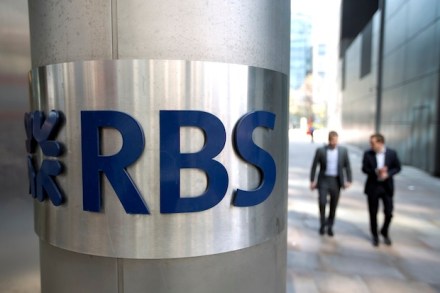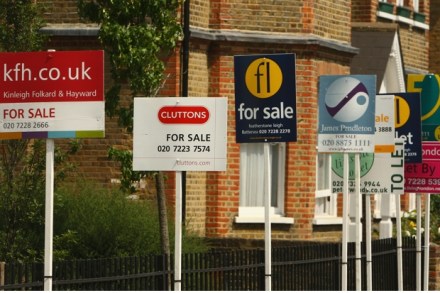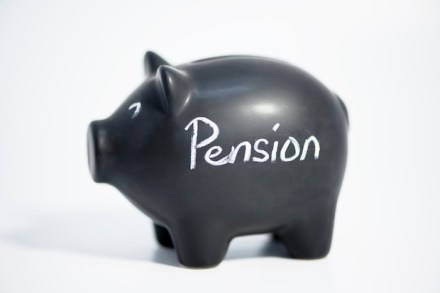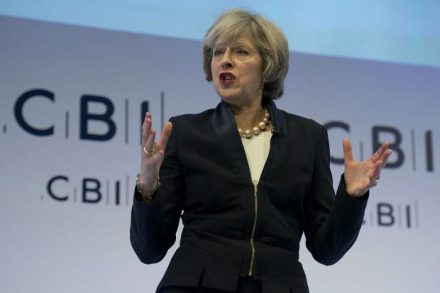Christmas spending, energy, property and RBS
With the national and international news dominated by the resignation of the Italian Prime Minister, personal finance has an obsession of its own: Christmas. Only a few days into December and the festive news is coming thick and fast. Today the BBC reports that ‘debt concerns at Christmas can be alleviated by seeking advice well before the bills come in’. It cites the Money Advice Trust, which runs the National Debtline service. According to the charity, less than a third of people have a Christmas budget. It added that a third would borrow to meet the cost of Christmas. Meanwhile, new research from user experience agency Sigma has uncovered the tricks




















